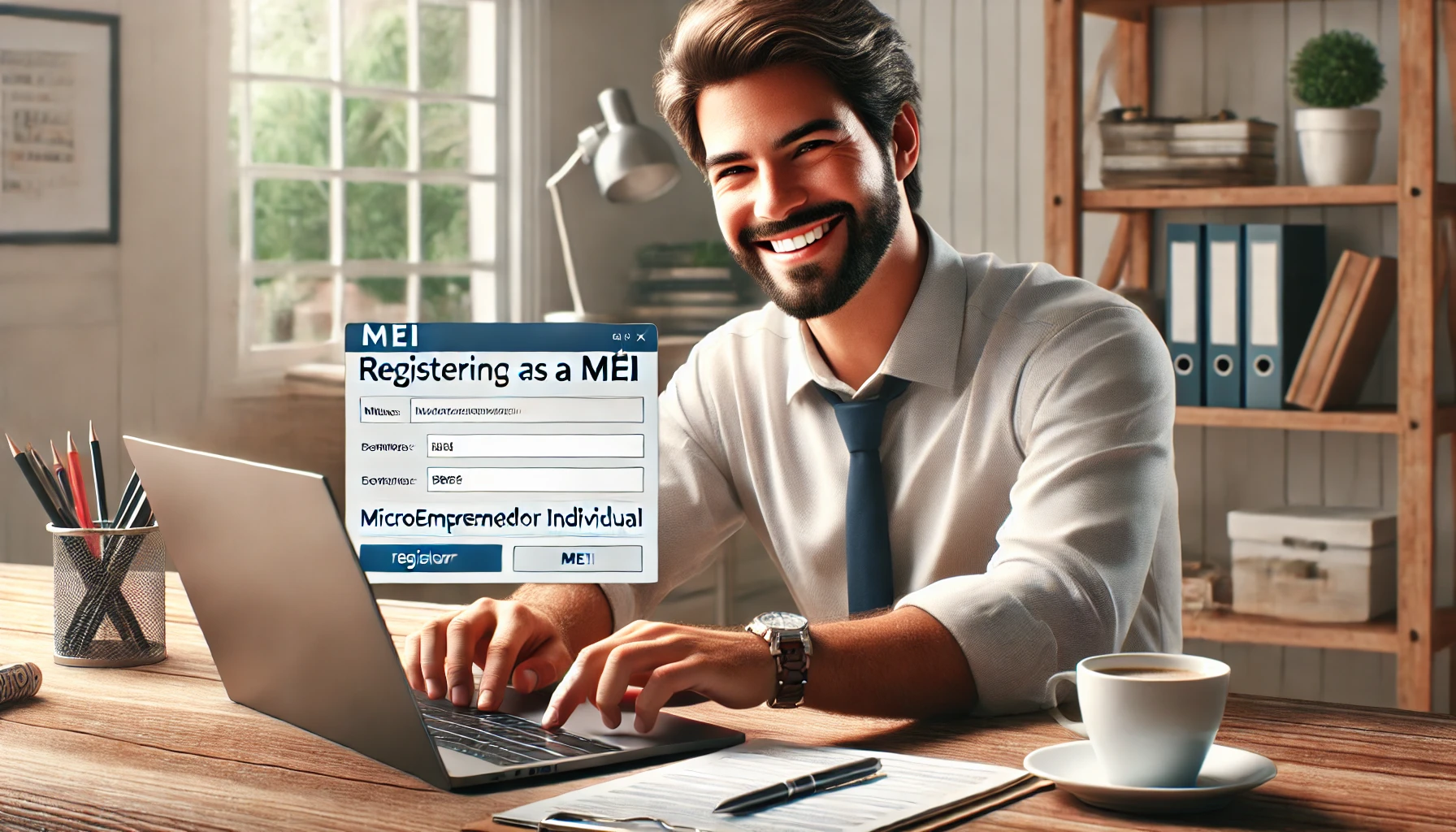Many small business owners in Brazil struggle to choose the right tax regime. The Microempreendedor Individual (MEI) system is one of the most popular options for entrepreneurs who want to formalize their businesses while keeping taxes low. But is it the best choice for you? In this article, we will explore the advantages and limitations of MEI to help you decide.
1. What Is MEI?
MEI is a simplified tax regime created for solo entrepreneurs earning up to BRL 81,000 per year. It allows business owners to register a CNPJ (Cadastro Nacional da Pessoa Jurídica) and enjoy benefits such as:
- Fixed monthly tax payments (DAS)
- No corporate income tax
- Simplified bookkeeping
- Access to Social Security benefits
2. Who Can Register as a MEI?
To qualify as a MEI, you must meet the following requirements:
- Annual revenue must not exceed BRL 81,000
- You cannot be a partner, owner, or administrator of another business
- You can hire only one employee with a salary up to one minimum wage
- Your business activity must be on the official MEI list
If you exceed the revenue limit, you may need to switch to Simples Nacional or Microempresa (ME).
3. How Much Does a MEI Pay in Taxes?
The DAS (Documento de Arrecadação do Simples Nacional) is a fixed monthly tax, which includes:
- INSS (Social Security): BRL 66
- ICMS (State Tax for Commerce & Industry): BRL 1 (if applicable)
- ISS (Service Tax for Service Providers): BRL 5 (if applicable)
Total: BRL 67 to 72 per month
This is much lower than regular business taxes, making MEI an attractive option.
4. What Are the Advantages of MEI?
- Low tax burden – A fixed, affordable tax payment
- Simplified tax obligations – No need for complex bookkeeping
- Social security benefits – Access to retirement, maternity leave, and sick pay
- Ability to issue invoices (Nota Fiscal) – Allows you to work with larger clients
5. What Are the Limitations of MEI?
While MEI is beneficial, it has some restrictions:
- Revenue limit of BRL 81,000/year
- Can only hire one employee
- Limited business activities – Some professions are not eligible
- No access to certain tax deductions
If your business grows beyond these limits, transitioning to another tax regime may be necessary.
Conclusion
MEI is a great choice for small entrepreneurs who want low taxes and simplified administration. However, if your business expands, you may need to switch to a Microenterprise (ME) to access more benefits. Understanding MEI’s advantages and limitations will help you make the best decision for your business.

